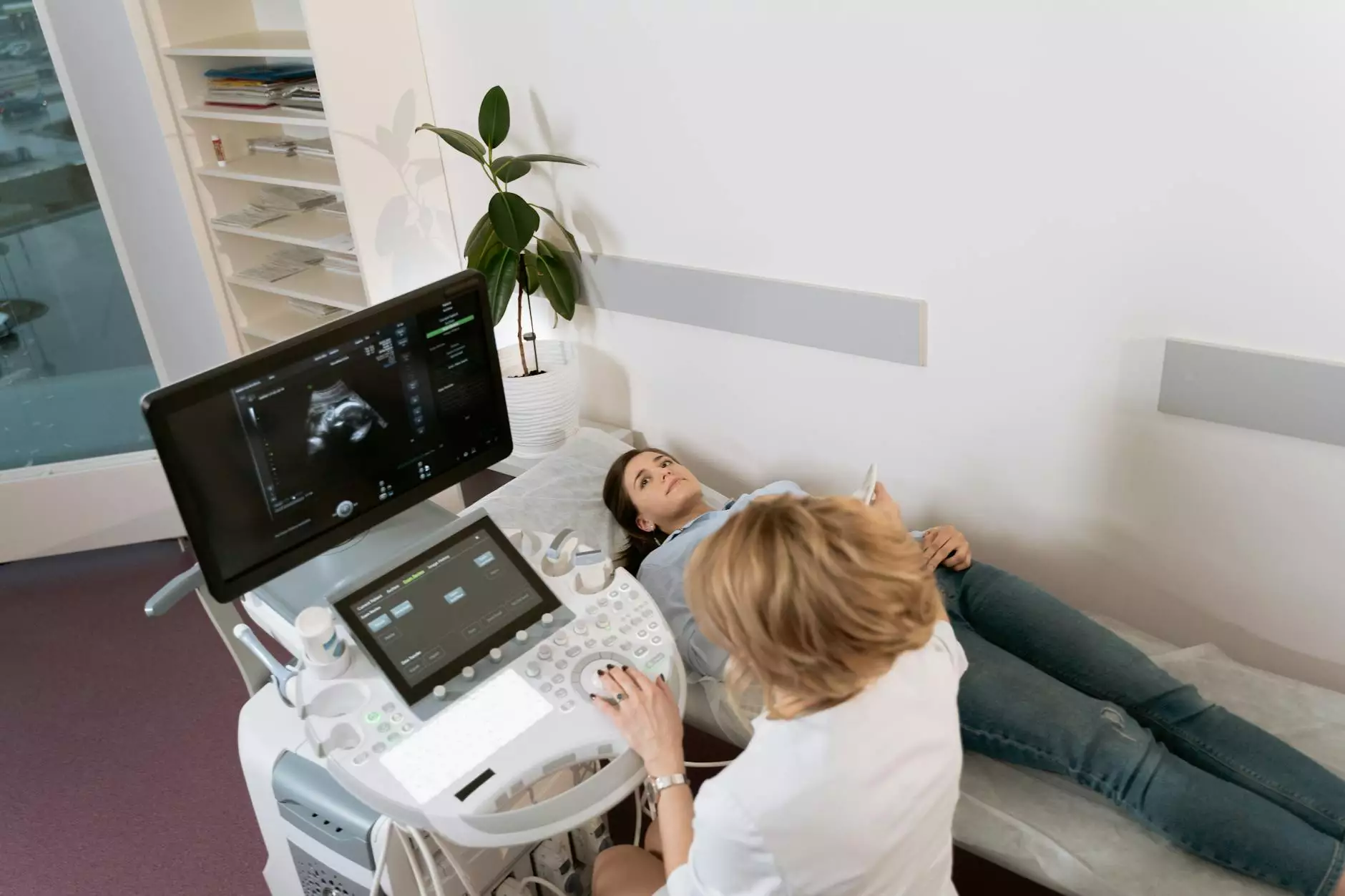Reasons You May Be Getting Recurring UTIs

Introduction
Welcome to Grim Harley, MD! Here, we understand the frustrations and discomfort that come with recurring Urinary Tract Infections (UTIs). We are dedicated to providing you with the knowledge and support to help you prevent and manage these recurring infections effectively.
Understanding UTIs
Urinary Tract Infections, commonly known as UTIs, occur when bacteria enter the urinary tract and multiply, leading to infection. While UTIs can affect anyone, women are more prone to developing recurring UTIs due to their anatomy.
Common Symptoms of UTIs
It's crucial to recognize the common symptoms of UTIs, including:
- Strong, persistent urge to urinate
- Burning sensation or pain during urination
- Cloudy or bloody urine
- Frequent small amounts of urine
- Incontinence or bladder control problems
- Strong-smelling urine
- A feeling of pressure or discomfort in the lower abdomen or back
Causes of Recurring UTIs
1. Incomplete Treatment
One of the main reasons for recurring UTIs is incomplete treatment of the initial infection. It is crucial to complete the full course of prescribed antibiotics to ensure eradication of the bacteria causing the infection. Failure to do so may allow the remaining bacteria to multiply and cause a relapse.
2. Urine Stagnation
When urine stagnates in the bladder, it creates an ideal environment for bacteria to grow and thrive. Factors that contribute to urine stagnation include not emptying the bladder fully, holding urine for extended periods, and incomplete voiding techniques. These practices can lead to the development of recurring UTIs.
3. Sexual Activity
Engaging in sexual activity can sometimes introduce bacteria into the urinary tract, leading to UTIs. The friction and pressure during intercourse can facilitate the entry of bacteria into the urethra. It is important to maintain good hygiene practices and consider urinating before and after sexual intercourse to reduce the risk of recurring UTIs.
4. Menopause and Hormonal Changes
Menopause and hormonal changes in a woman's body can affect the urinary tract's natural defense mechanisms, making it more vulnerable to UTIs. The decreased levels of estrogen can lead to thinning and drying of the vaginal walls, making it easier for bacteria to enter the urinary tract and cause recurrent infections.
5. Diabetes and Other Medical Conditions
Individuals with uncontrolled diabetes or other medical conditions that weaken the immune system are more susceptible to recurrent UTIs. These conditions compromise the body's ability to fight off infections, making it easier for bacteria to multiply and cause recurring UTIs.
Prevention and Management
At Grim Harley, MD, we believe in a comprehensive approach to preventing and managing recurring UTIs. Here are some strategies that can help reduce the frequency of UTIs:
1. Hygiene Practices
Maintaining good hygiene practices is crucial in preventing UTIs. This includes wiping from front to back after using the toilet, avoiding harsh or scented soaps in the genital area, and wearing breathable underwear. These practices help minimize the spread of bacteria from the anus to the urethra.
2. Stay Hydrated
Drinking an adequate amount of water helps flush out bacteria from the urinary system. Aim to drink at least 8 glasses of water a day to maintain proper hydration and promote urinary health.
3. Urinate Regularly
Emptying the bladder regularly helps prevent urine stagnation. Don't hold in urine for extended periods and make sure to fully empty the bladder when urinating.
4. Cranberry Products
Some studies suggest that cranberry products, such as cranberry juice or supplements, may help prevent UTIs by inhibiting bacteria from adhering to the urinary tract walls. However, consult with Grim Harley, MD to determine if cranberry products are suitable for you.
5. Medical Intervention
If you experience recurring UTIs, seeking medical assistance from Grim Harley, MD is essential. Our experienced team can provide a thorough evaluation, diagnose underlying causes, and develop a tailored treatment plan to prevent further UTIs.
Conclusion
Recurring UTIs can be frustrating and disruptive to your daily life. By understanding the causes of these infections and implementing strategies to prevent them, you can regain control of your urinary health. Contact Grim Harley, MD today to schedule an appointment and let us help you overcome recurring UTIs.










